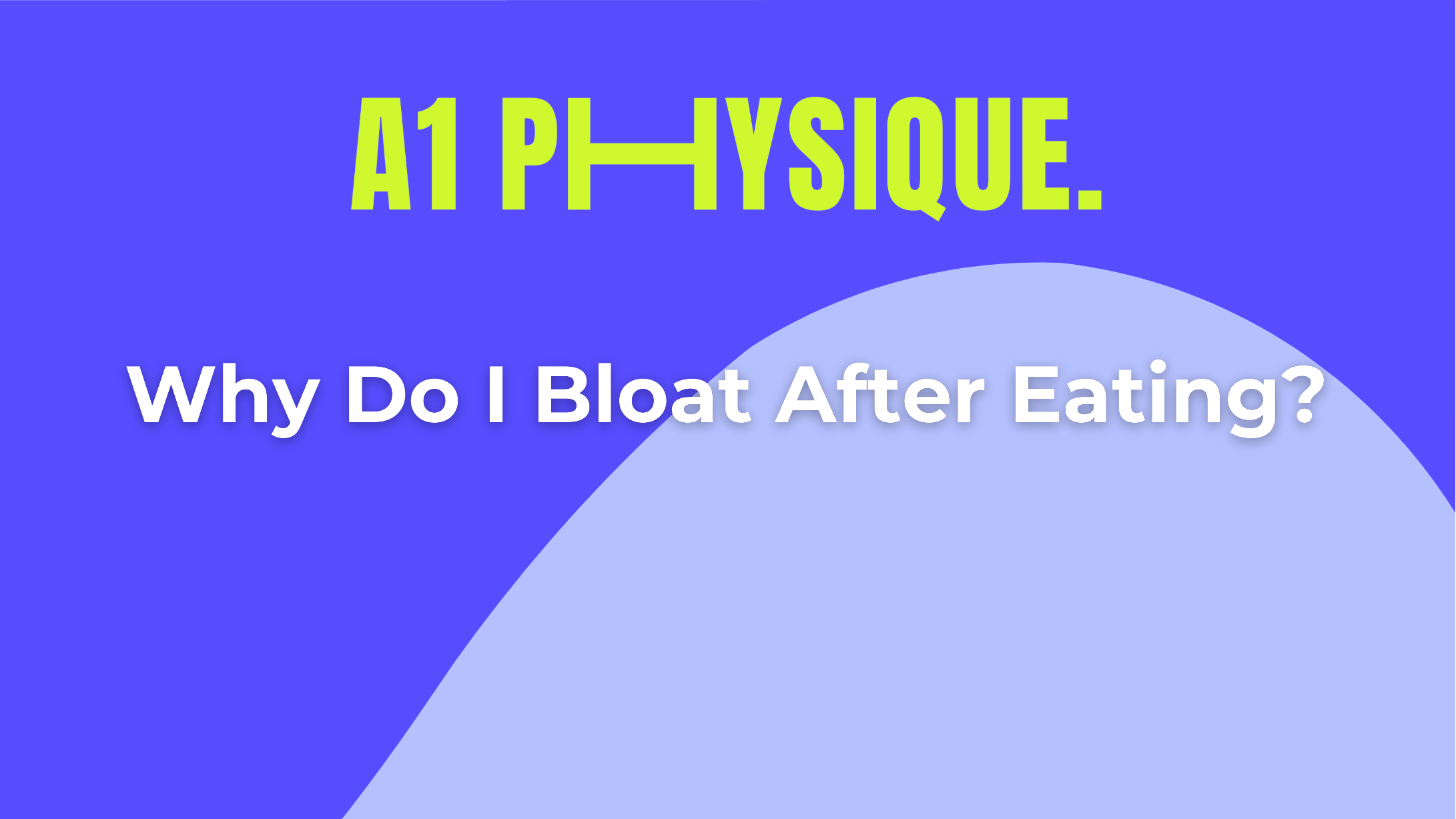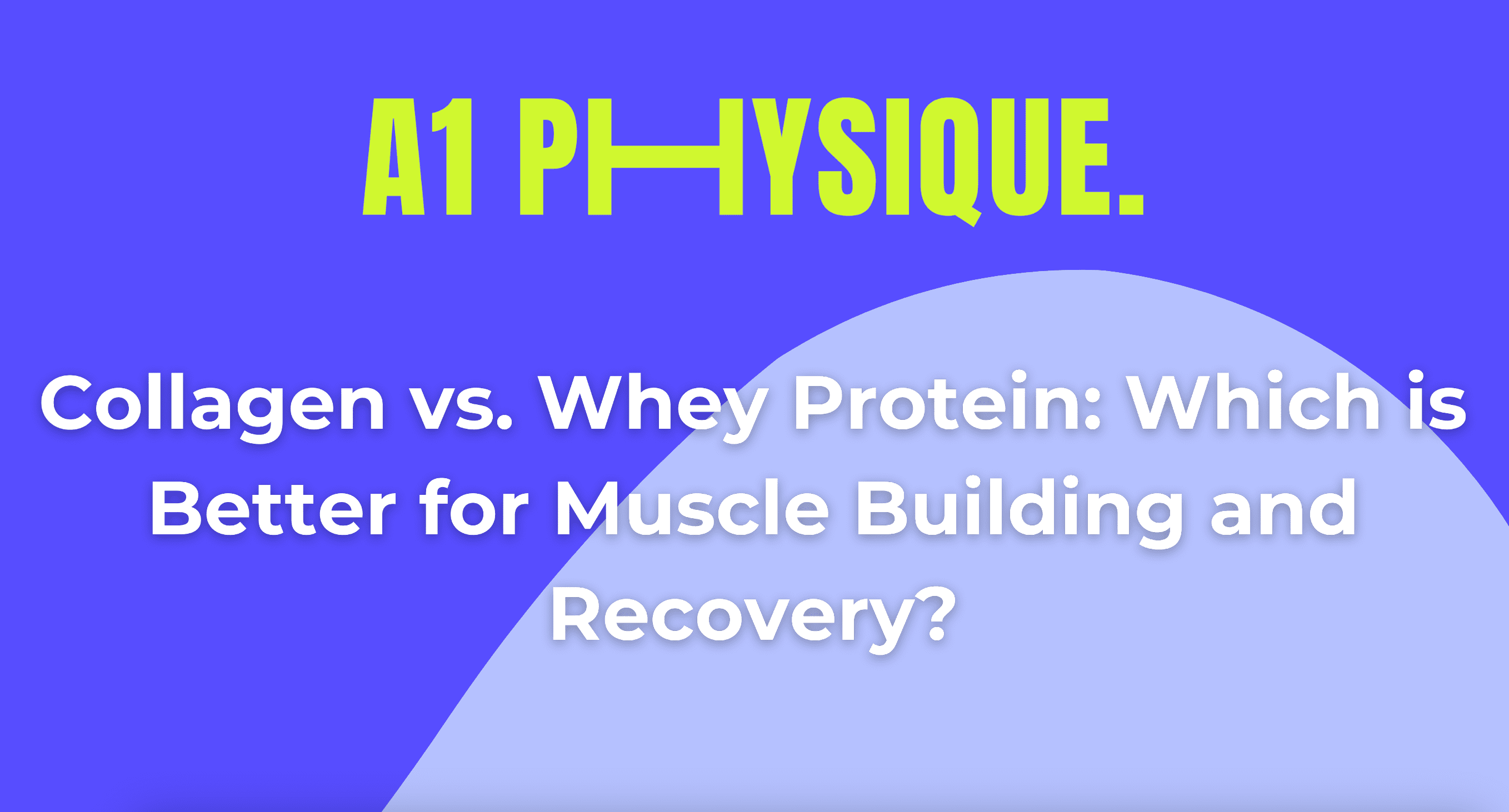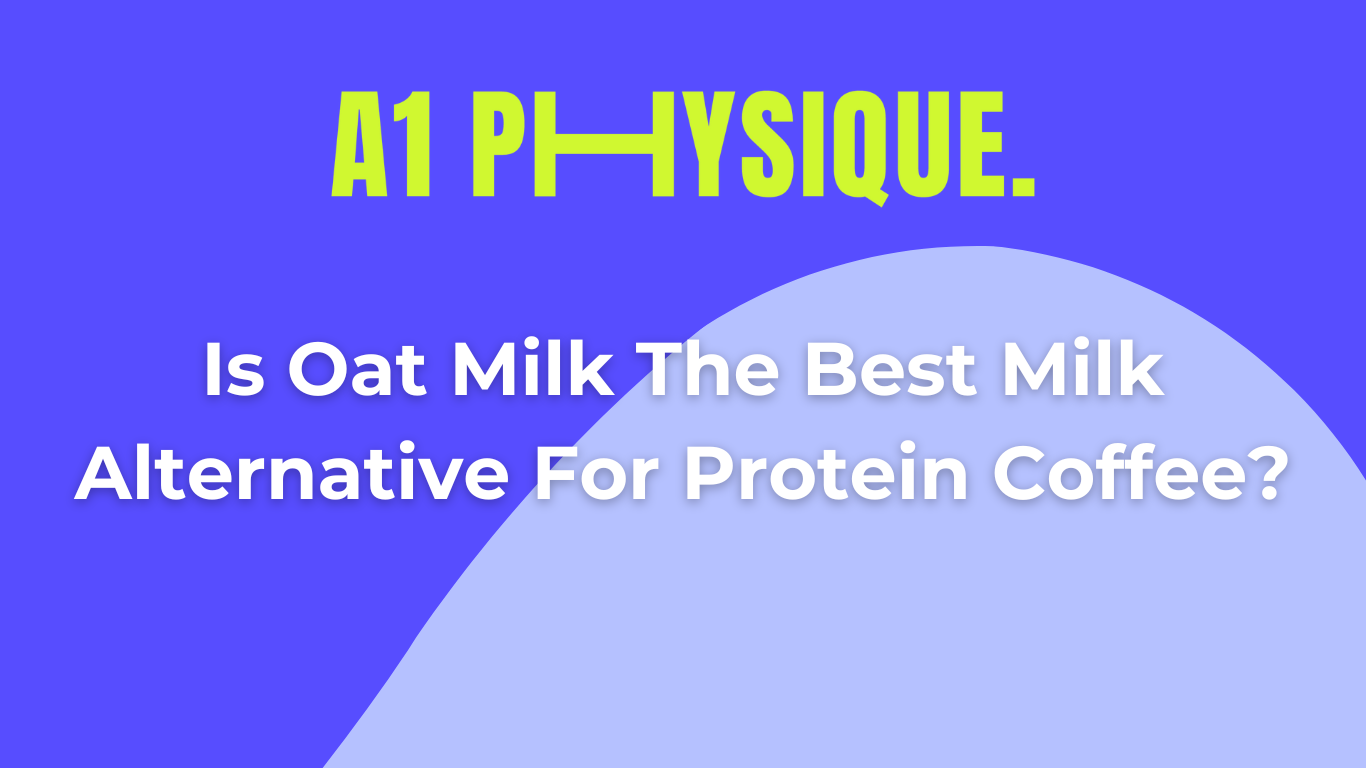Bloating after eating is a common discomfort that many individuals experience, leaving them wondering about the root causes and effective solutions. At A1 Physique we’ve delved into the reasons behind post-meal bloating and explored the essential role that water retention tablets can play in restoring balance to the body and alleviating excess water bloat.
Why Do I Get Bloated After Eating?
- Eating Fast: Consuming large meals can overwhelm the digestive system, leading to bloating. If you eat too quickly, it can hinder proper digestion.
-
Gas Build-up: Certain foods, particularly those high in fibre, can produce gas during digestion. Gas build-up in the digestive tract can result in bloating and discomfort.
-
Food Sensitivities: Some individuals may be sensitive to certain foods, such as dairy or gluten, which can trigger bloating as the body reacts to these substances.
-
Hydration Habits: Dehydration can lead to water retention in the body, causing bloating. Paradoxically, inadequate water intake can contribute to fluid retention.
- Inefficient Digestion: Poor digestion, often due to a lack of digestive enzymes or imbalances in gut bacteria, can result in bloating as food is not properly broken down.
The Role of Water Retention Tablets:
-
Balancing Fluid Levels: Water retention tablets, when formulated correctly, can help regulate fluid balance in the body. They promote optimal hydration, preventing the excess retention that contributes to water bloating.
-
Supporting Kidney Function: Efficient kidney function is crucial for eliminating excess fluids from the body. Water retention tablets can support kidney health, aiding in the proper excretion of water.
- Reducing Inflammation: Inflammation can contribute to bloating, the A1 Water Relief Max water retention tablets have anti-inflammatory properties, helping to alleviate bloating and discomfort.



